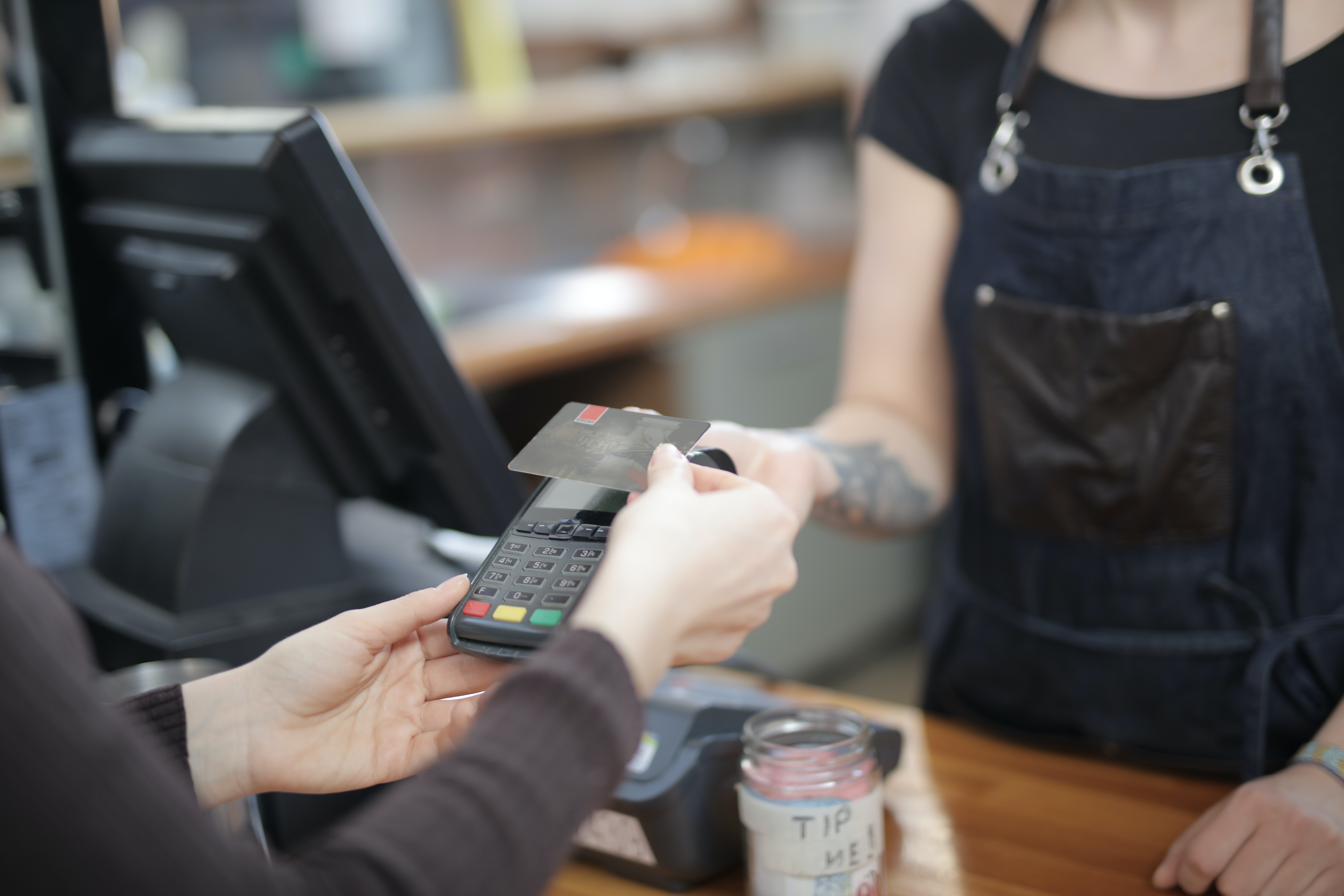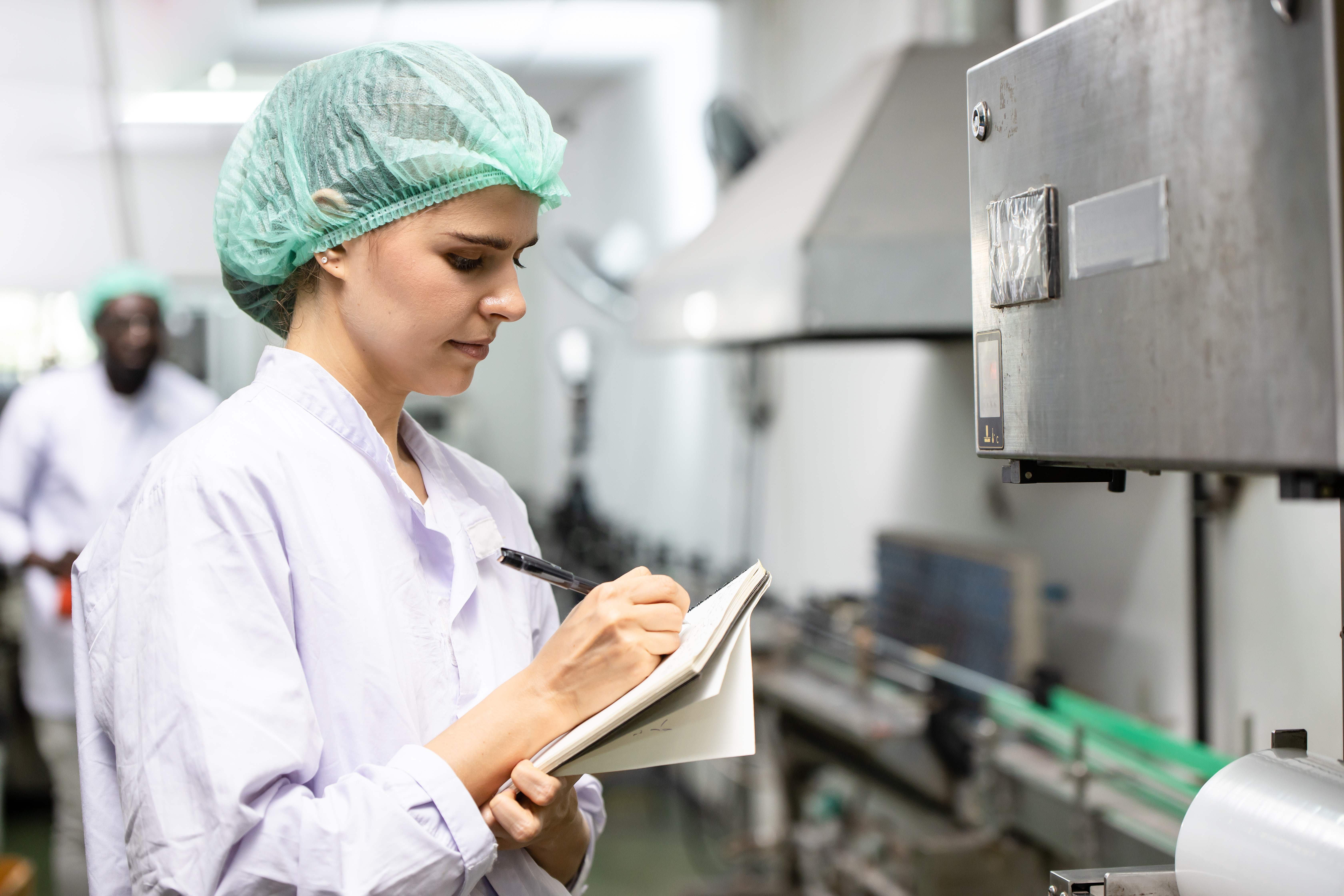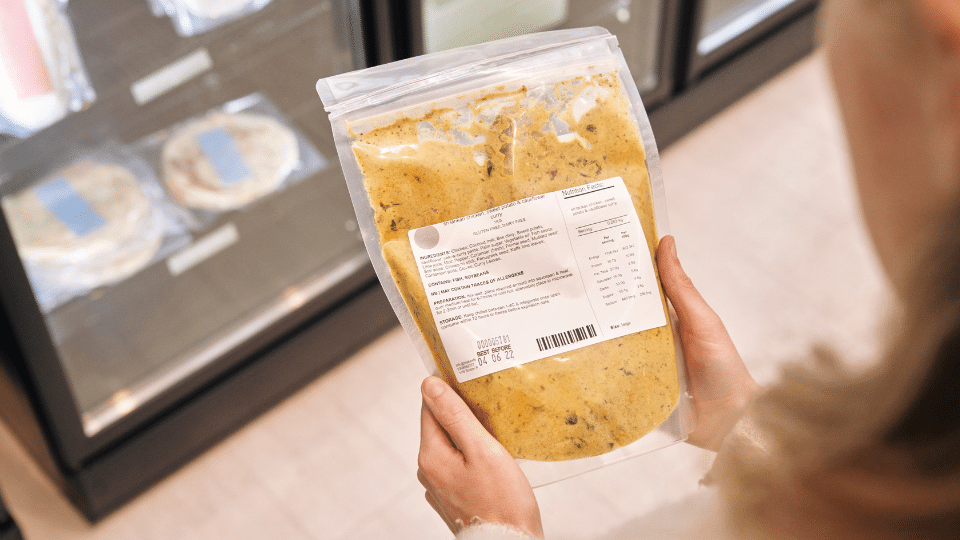Did you know some food items are exempt from GST? Understanding which items for your food business need to be taxed and which don’t can improve your margins significantly and save you and your customers money.
Disclaimer: GST is a complex area of taxation. This guide will provide you with handy information, but we recommend seeking professional tax advice tailored to your circumstances before making any changes to your sales structure.
What is GST?
The Goods and Services Tax (GST) is a tax of 10% on most goods and services sold or consumed in Australia. If you run a business, you need to know about GST.
If your business is registered for GST, you need to:
- Include GST in the price of each customer sale.
- Claim GST credits for each business purchase you make (when you have paid GST).
Should your food business be registered for GST?
It depends on your business income. If your business earns $75k or more per year (or $150k if you run a non-profit), you must register for GST. You can do this through the Australian Taxation Office (ATO) - read this link to find out more.
Which food items are subject to GST?
Generally speaking, items sold as ‘wholly-complete meals’ are subject to GST, and items that are unassembled and need further preparation at home are not subject to GST. All food or drinks a customer eats in a restaurant or food premises – or any type of food premises where the customer can eat in–is subject to GST.
For example, a wholly-complete meal such as lasagne is subject to GST, but an unassembled pasta dish (a Bolognese sauce or fresh pasta without accompaniments) is ‘GST-free’.
So, who determines what exactly constitutes a ‘wholly complete meal’? The ATO website has a detailed food list and this tool that allows you to search for the tax status of specific food items.
Working out when to charge GST

It's more likely you need to charge GST on an item, if:
- The item is a complete meal and ready to be eaten.
- All components of the item are pre-assembled when they reach the consumer.
- The consumer is not required to combine the item with other ingredients before consumption.
- The item is packaged in a container from which it can be eaten (e.g. a takeaway meal container).
Examples of items that attract GST
Prepared meals - anything that is sold as a single-serve, where sauces or accompaniments such as rice, pasta or vegetables are on the side but in the same package. For example, a lasagne or curry packaged with rice is a complete meal.
Baked goods - whilst ‘plain bread’ is likely to be GST-free, bread with a filling such as a pie, pasty and the like, or pastries such a croissant, danish or doughnut are more likely to attract GST. Lasagnas, pies, sausage rolls and quiches also attract GST.
Warm meals - selling food hot also increases the likelihood it’s subject to GST.
It's less likely you need to charge GST on an item, if:
- The item is not a complete meal and is not ready to be eaten by the consumer as-is.
- The item is a component of a larger meal and must be combined with other ingredients by the end consumer before consumption.
- The item contains components that need to be assembled together before eating (e.g. pasta to be boiled, sauce to be added, garnish to be added).
- The item is not packaged in a container from which it can be eaten (e.g. a sachet, a box, etc).
Examples of GST-free items
Separated meals - sauces for pasta dishes, curries or stir-fries sold and packaged separately to pasta and rice. For example, bolognese sauce sold with a serving suggestion to add pasta, a green chicken curry sold and packaged separately to rice, roasted vegetables that need to be cooked and by the consumer and combined with a protein.
Salads - salads that are sold as an addition to another dish or as a side (not as a wholly complete meal on their own).
Soups - all soups are deemed GST-free.
Bread - Plain bread are GST-free (incl. plain hot cross buns & escargots).
Raw ingredients - cooking ingredients such as flour, sugar, and pre-mixes are GST-free.
Final tips
- If your item is not a complete meal, make this clear on your packaging by adding instructions for the consumer to prepare and serve with other items. E.g. “Serve with..”
- Salads are GST-free, as long as they are not a complete prepared meal. If a large salad is intended to serve multiple people as a side, this may make it less likely to attract GST.
Cookaborough can help you start, run and grow your ready-made meals business and maximise your weekly sales. Fill in the form below to learn more about how Cookaborough can help grow your business.


